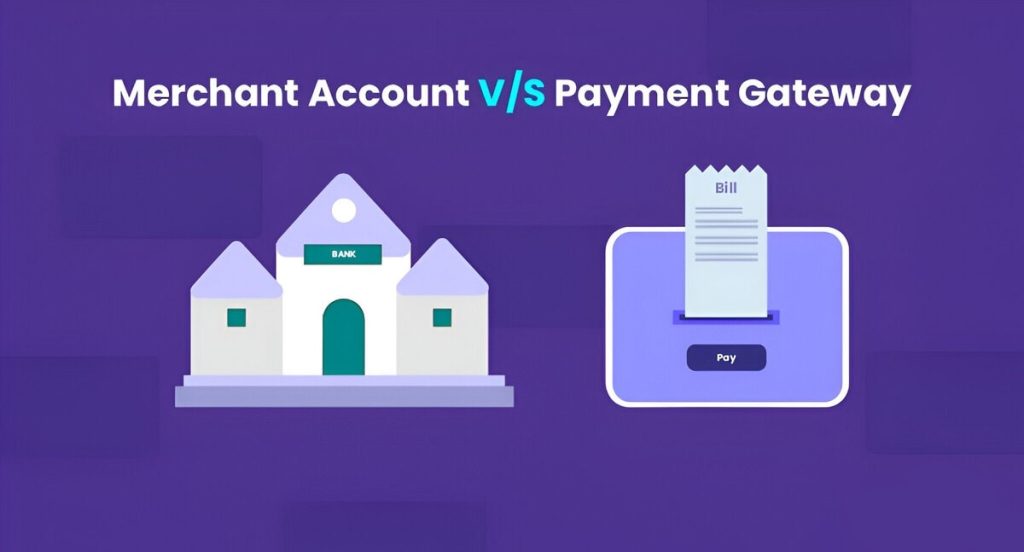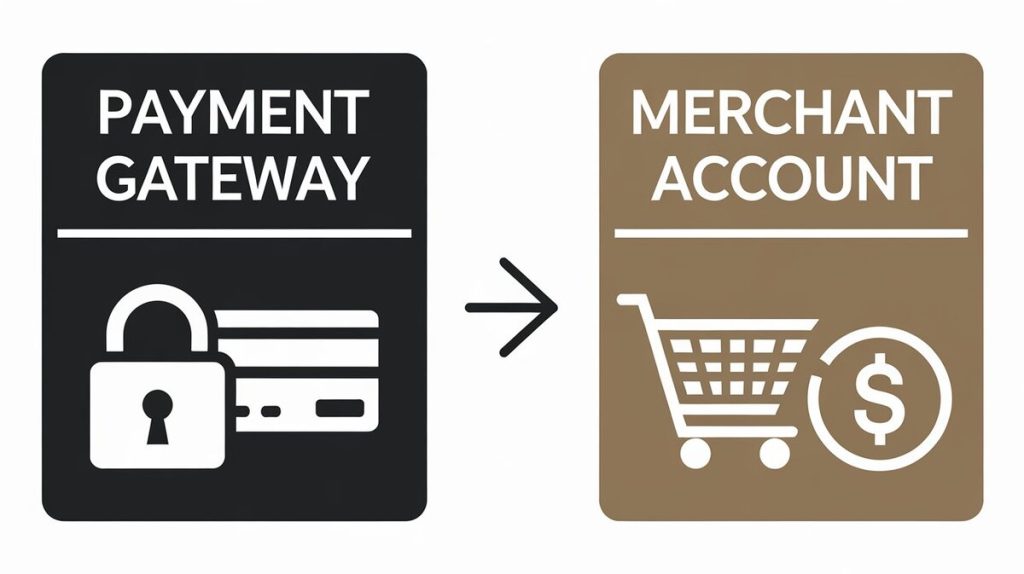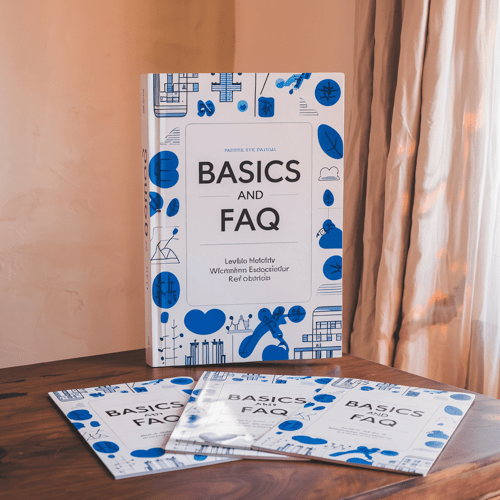Introduction
In the digital marketplace, understanding the tools that handle online payments is essential for any business. Payment gateways and merchant accounts are crucial components, yet they serve different functions. This article provides a detailed comparison, helping you choose the right solution for your business.
What is a Payment Gateway?
A payment gateway is the technology that captures and transmits payment data from the customer to the acquiring bank. It serves as the link between your website and the payment processor, ensuring secure and efficient transaction processing.
Key Functions of Payment Gateways:
- Data Encryption: Protects sensitive customer information.
- Fraud Detection: Identifies and prevents unauthorized transactions.
- Multi-currency Support: Necessary for businesses that operate internationally.
- Integration: Compatible with shopping carts and other business tools.
Key Data:
- Global eCommerce Market: Valued at over $4.2 trillion in 2020, with payment gateways playing a crucial role in processing these transactions.
- Stripe: Supports over 135 currencies, making it a top choice for global businesses.
Table 1: Comparison of Popular Payment Gateways
| Feature | Stripe | PayPal | Authorize.Net | Square |
|---|---|---|---|---|
| Supported Currencies | 135+ | 25+ | 16+ | 10+ |
| Transaction Fees | 2.9% + $0.30 | 2.9% + $0.30 | 2.9% + $0.30 | 2.6% + $0.10 |
| Multi-currency Support | Yes | Yes | Yes | No |
| Fraud Detection Tools | Yes | Yes | Yes | Yes |

What is a Merchant Account?
A merchant account is a type of bank account that allows businesses to accept credit and debit card payments. It holds funds temporarily before they are transferred to the business’s bank account. This account is crucial for processing transactions securely.
Key Features of Merchant Accounts:
- Transaction Settlement: Finalizes and transfers funds.
- Risk Management: Tools to handle chargebacks and fraudulent transactions.
- Fees: Includes transaction, monthly, and chargeback fees.
Key Data:
- Visa: Over 3.6 billion cards were in circulation in 2021, with transactions exceeding $11 trillion annually.
- High-risk merchant accounts may have transaction fees up to 5% due to the increased risk..
Table 2: Fee Comparison of Merchant Accounts
| Fee Type | Standard Merchant Account | High-Risk Merchant Account | All-in-One Solutions (e.g., Stripe) |
|---|---|---|---|
| Transaction Fee | 1% – 2.5% + $0.10 | 3% – 5% + $0.20 | 2.9% + $0.30 |
| Monthly Fee | $10 – $30 | $20 – $50 | None |
| Chargeback Fee | $15 – $25 | $30 – $50 | $15 |
Key Differences Between Payment Gateway and Merchant Account
While both tools are essential for online transactions, they serve different purposes:
- Payment Gateway: Manages the technical side of transactions, including data encryption and fraud prevention.
- Merchant Account: Holds and processes funds until they are transferred to the business’s bank account.

When You Need Both
Most online businesses require both a payment gateway and a merchant account to process transactions effectively. However, the rise of all-in-one solutions like Stripe has simplified the process by combining these functions.
Who Needs Both:
- High-Volume Businesses: Businesses with large transaction volumes benefit from separate services due to the flexibility and customization options available.
- International Businesses: Operating across borders requires a strong payment gateway and a specialized merchant account for handling multiple currencies.
Who Can Use All-in-One Solutions:
- Small Businesses: Simplifying the payment process with an all-in-one solution reduces costs and complexity.
For businesses looking to minimize chargebacks, partnering with a specialized service can be beneficial. Merchanto.org, an official partner of Visa and Mastercard in chargeback prevention, offers services that help businesses reduce chargebacks. Learn more about their services at Merchanto.org.
Conclusion
Choosing between a payment gateway, a merchant account, or an all-in-one solution depends on your business’s specific needs. Understanding their differences allows you to optimize your payment process.
Table 3: Summary of Payment Solutions for Different Business Models
| Business Model | Recommended Solution | Key Features Needed |
|---|---|---|
| Small eCommerce Store | All-in-One (Stripe, Square) | Low fees, easy setup |
| High-Volume Retailer | Separate Gateway and Merchant Account | Customization, fraud protection |
| International Business | Advanced Gateway + International Merchant Account | Multi-currency support, global reach |
Final Points
Efficient payment processing is critical to business success. By selecting the right combination of tools—whether separate or all-in-one—you ensure smooth transactions while protecting your business from fraud and chargebacks.



